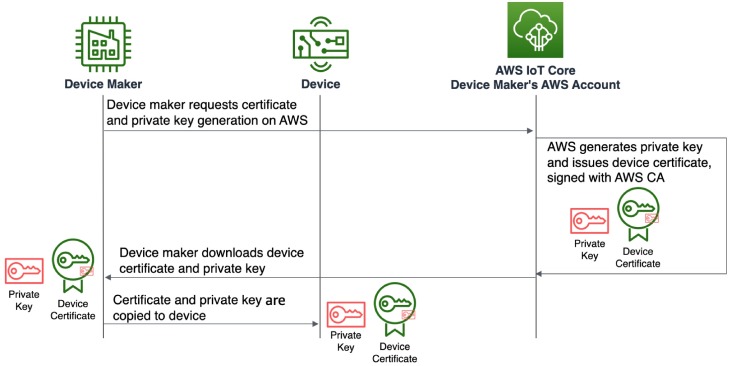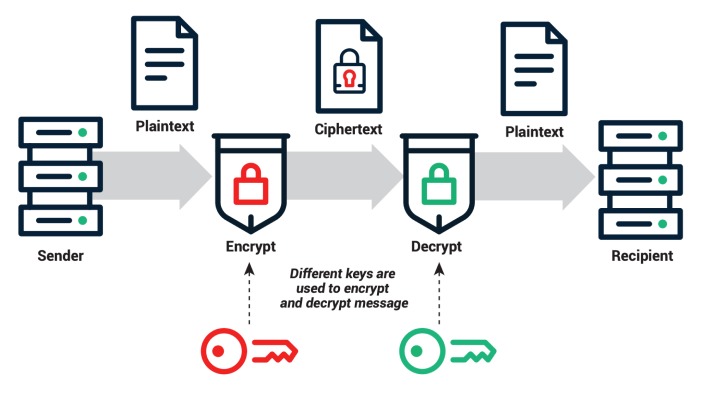Executive Summary
AWS and Cloud Integration

AWS adoption along with PKI exemplifies the path to digital
transformation in retail. It not only develops the resources of the business but also ensures
stability and the ability to lay the foundation for future growth. It serves to enhance retail
customer experience with speed and security, improve customer service for retail, and migrate
relational databases to non-relational databases.
Enhancing Retail Customer Experience with Speed and Security
Example: Implementing Secure and Fast Online Transactions

Improving Customer Service for Retail
Example: Implementing a Customer Relationship Management (CRM) System
References
About CloudSolutions.Zone
CloudSolutions.Zone specializes in getting big things done in a small budget.
Connect with Us for integrating cloud strategy into your business strategy. Cloud Solutions.Zone is a Canadian-based cloud consulting service provider for IT solutions. We specialize in sophisticated and challenging cloud system integration projects such as cloud-native applications, cloud security, AI/ML solutions, data migrations, and cyber security solutions.

